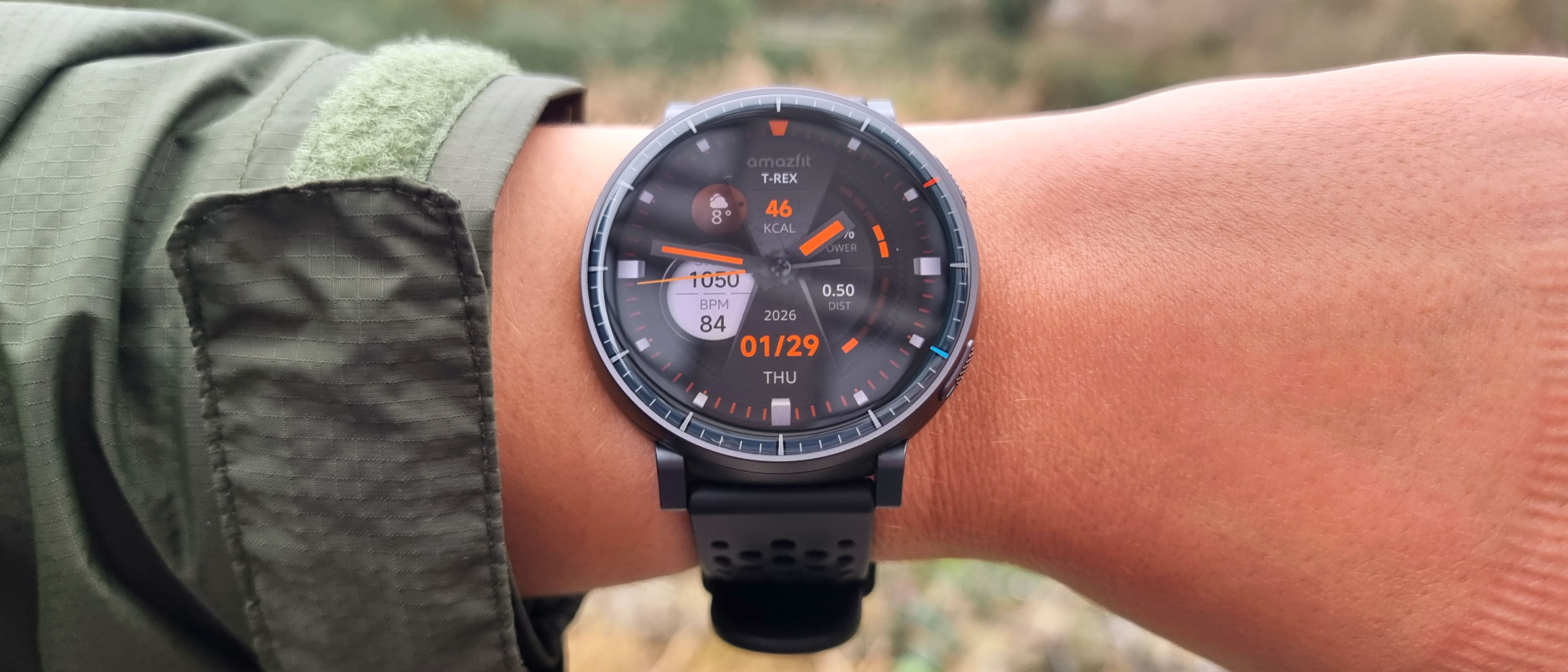Children's Sleep: New Guidelines on Shut-Eye for Kids

Get the world’s most fascinating discoveries delivered straight to your inbox.
You are now subscribed
Your newsletter sign-up was successful
Want to add more newsletters?

Delivered Daily
Daily Newsletter
Sign up for the latest discoveries, groundbreaking research and fascinating breakthroughs that impact you and the wider world direct to your inbox.

Once a week
Life's Little Mysteries
Feed your curiosity with an exclusive mystery every week, solved with science and delivered direct to your inbox before it's seen anywhere else.

Once a week
How It Works
Sign up to our free science & technology newsletter for your weekly fix of fascinating articles, quick quizzes, amazing images, and more

Delivered daily
Space.com Newsletter
Breaking space news, the latest updates on rocket launches, skywatching events and more!

Once a month
Watch This Space
Sign up to our monthly entertainment newsletter to keep up with all our coverage of the latest sci-fi and space movies, tv shows, games and books.

Once a week
Night Sky This Week
Discover this week's must-see night sky events, moon phases, and stunning astrophotos. Sign up for our skywatching newsletter and explore the universe with us!
Join the club
Get full access to premium articles, exclusive features and a growing list of member rewards.
New guidelines from doctors who specialize in sleep disorders map out how much sleep children of every age should get.
Babies ages 4 months to 1 year should sleep 12 to 16 hours per day, including naps, according to the guidelines. And children ages 1 to 2 should sleep 11 to 14 hours per day, according to the new guidelines from the American Academy of Sleep Medicine.
Children ages 3 to 5 should sleep 10 to 13 hours per day, whereas children ages 6 to 12 should sleep 9 to 12 hours per day, the guidelines said. And teenagers ages 13 to 18 should sleep 8 to 10 hours per day, according to the guidelines, which are the first set of recommendations for children that this group of sleep specialists has issued.
In addition, the American Academy of Pediatrics, which endorsed the new guidelines, recommended that all screens, such as TVs and computers, are turned off half an hour before bedtime, and that parents not allow kids to have screens in their bedrooms.
To come up with the guidelines, the authors reviewed previous research on the relationship between sleep duration and children's health.
For children of all age groups, the benefits of regularly getting enough sleep include improved attention, behavior, learning, memory, emotional regulation, quality of life, and mental and physical health, the researchers said.
In contrast, children who don't get enough sleep every night may have a greater risk of injuries, hypertension, obesity and depression. And teens who don't get adequate sleep may have an increased risk of self-harm or suicidal thoughts, research has shown. [7 Signs Your Child Is an iPad Addict]
Get the world’s most fascinating discoveries delivered straight to your inbox.
However, the authors noted, kids who regularly sleep more than what's recommended for their age group also may have a higher risk of adverse health outcomes, including high blood pressure, diabetes, obesity and mental health problems, according to the guidelines.
If parents are concerned that their child is sleeping too little or too much, they should consult a doctor to see if the child may have a possible sleep disorder, according to the guidelines. [Top 11 Spooky Sleep Disorders]
The new guidelines do not include sleep recommendations for infants younger than 4 months because the duration and patterns of sleep in such young children vary so greatly, and there's no sufficient scientific evidence for associations between sleep and health outcomes for this age group, the researchers wrote today (June 13) in the Journal of Clinical Sleep Medicine.
Originally published on Live Science.
 Live Science Plus
Live Science Plus





